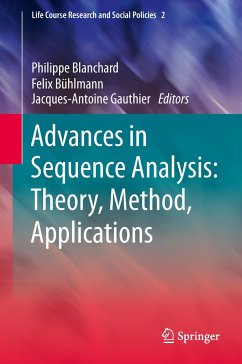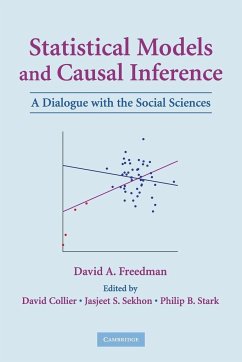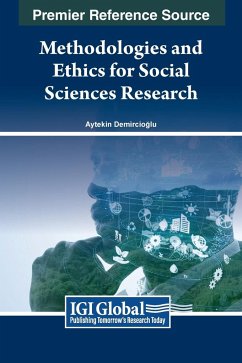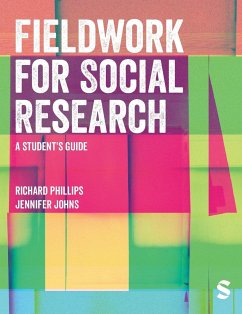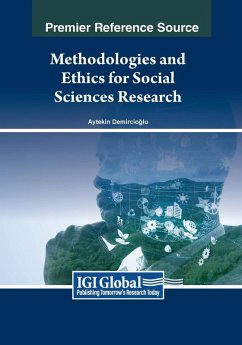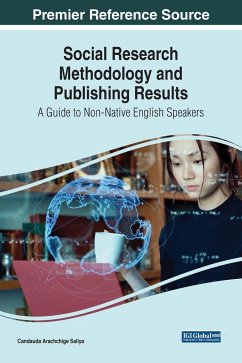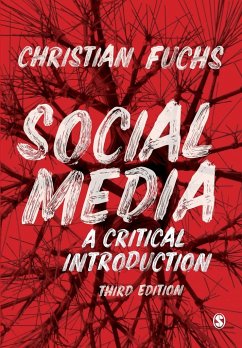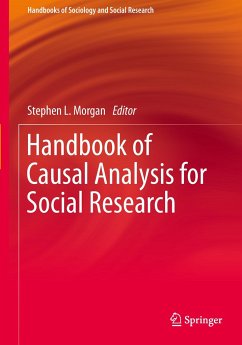
Handbook of Causal Analysis for Social Research
Versandkostenfrei!
Versandfertig in 6-10 Tagen
65,99 €
inkl. MwSt.

PAYBACK Punkte
33 °P sammeln!
What constitutes a causal explanation, and must an explanation be causal? What warrants a causal inference, as opposed to a descriptive regularity? What techniques are available to detect when causal effects are present, and when can these techniques be used to identify the relative importance of these effects? What complications do the interactions of individuals create for these techniques? When can mixed methods of analysis be used to deepen causal accounts? Must causal claims include generative mechanisms, and how effective are empirical methods designed to discover them? The Handbook of C...
What constitutes a causal explanation, and must an explanation be causal? What warrants a causal inference, as opposed to a descriptive regularity? What techniques are available to detect when causal effects are present, and when can these techniques be used to identify the relative importance of these effects? What complications do the interactions of individuals create for these techniques? When can mixed methods of analysis be used to deepen causal accounts? Must causal claims include generative mechanisms, and how effective are empirical methods designed to discover them? The Handbook of Causal Analysis for Social Research tackles these questions with nineteen chapters from leading scholars in sociology, statistics, public health, computer science, and human development.





